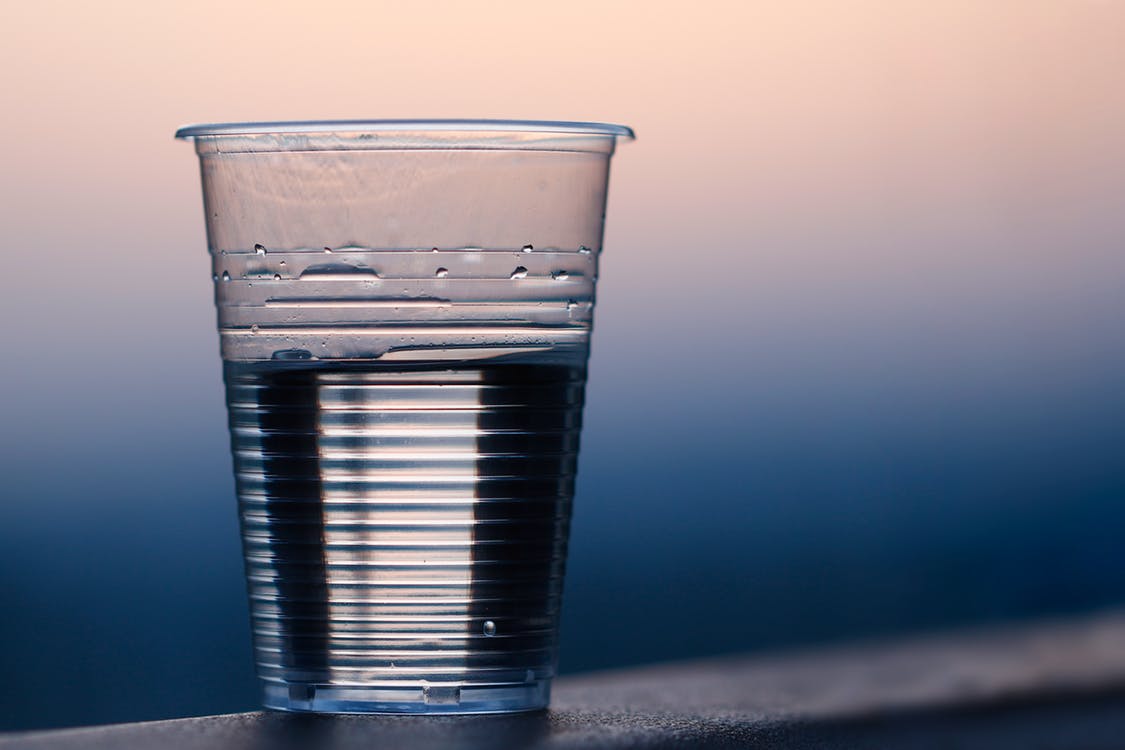An average person needs between two and three liters of water per day which allows proper digestion, transport of nutrients and oxygen to all cells of the body, lubricating and maintaining elasticity of organs and tissues, scavenge of waste substances outside the body and regulating body temperature.
Physical needs for water depend on several factors: temperature, degree of activity, functional losses, metabolic needs and age. By increasing the outside temperature, the body loses water to maintain body temperature, and then an increased water intake is required.
How much water should I drink daily?
Physical work or strong physical activity increases the body’s water needs. Every disease process affects the normal function of the body and affects the body’s water needs. For example, gastrointestinal problems such as prolonged diarrhea cause a loss of large amounts of water. In these cases, replenishment of lost water is of great importance in the prevention of dehydration. Age also plays an important role in determining body water requirements. For example, infants need 1500 ml of water per day, whereas adults’ intake of water should be between 2 and 3 liters per day. It is a general recommendation that adults should drink eight glasses of water a day. The second approach to calculating the required amount of water per day is caloric intake, and the rule states that for each 1000 kcal intake it takes about 1000 ml of water.
What can cause inadequate water intake?
Gain weight because the water retains in the body so that the body can maintain important functions, and therefore it is difficult to urinate.
Loss of energy because dehydration can cause body fatigue
The drop-in concentration and focus because the brain is made up of 80 percent of water that is key to brain function
An increased risk of stroke has been proven to researches that show that besides lack of water is difficult to recover from stroke, it also increases the risk of stroke
You become cranky, and this is proven by two US studies that have carried out congenital tests on subjects who were slightly dehydrated, affecting them with headaches and nervousness
You can feel dehydration and you feel like your stomach is empty and you’re actually thirsty
The metabolism is slowing down due to the reduction in the amount of water in the body, food dicompose much slower
Apparition of wrinkles because without the water collagen begins to crack and bind together, causing the formation of lines and wrinkles that become more noticeable
The effect of exercise is reduced by the fact that without sufficient water carbohydrates are difficult to convert into energy
It complicates the kidney functioning, which is also logical because water is crucial for diluting the blood and without it the kidneys are more difficult to filter the blood
It also complicates the heart functioning due to fact that the heart must stronger pump blood to organs like the brain
The color of the urine changes and becomes brown and much darker than when the body is not dehydrated.


 BiH
BiH
